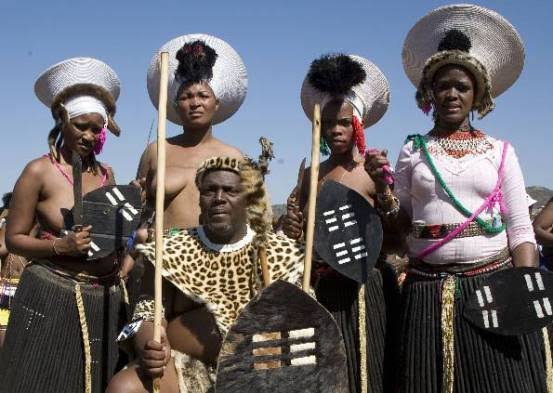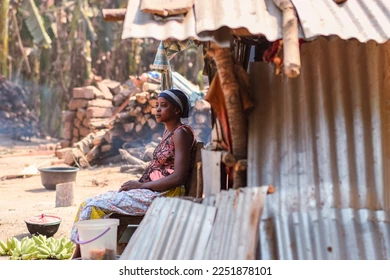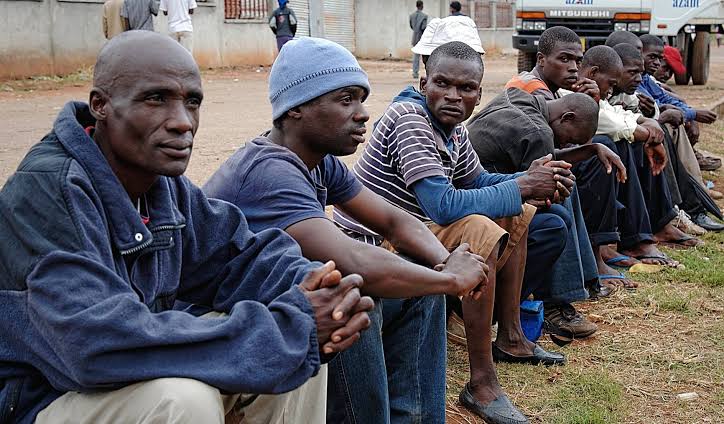What is the indigenous African view on polygyny?
Let’s take the Yoruba example, which is found in this Ifa verse.
Please pay attention to the details:
Ọ̣̀kan ṣoṣo péré lobìnrín dùn mọ nílé ọkọ
(Only one wife is desirable in a man’s house)
Tí wọ́n bá di méjì wọn a dòjòwú
(Once there are two, they get envious)
Tí wọ́n bá di méta wọn á di ẹ̀ta ǹtúlé
(Once there are three, they wreck the household)
Tí wọ́n bá di mérin, wọn á di bó o bá rín mi, ma rín ọ
(Once there are four, they ridicule each other)
Tí wọ́n bá di márǔn, wọn a di ìyá a lágbájá ni yíò run ọkọ ọ wa
(Once they are five, they accuse one another of aiming to ruin their husband)
Tí wọ́n bá di mefa wọn a di bó o fà mí láṣọ, ma fà ọ láṣọ ya
(Once there are six, they yell, “If you tug at my dress, I’ll tear yours”)
Tí wọ́n bá di méje wọ̣n a di ọjọ́ méje-méje ni Tàmẹ̀dù ń bu igi jẹ
(Once they become seven, they accuse one among them as acting nuts every seventh day)
Tí wọ́n bá di mẹ́jọ won a di Làkáṣègbé kì í bí ọmọ kó jọ ọkọ wa
(Once they become eight, they accuse each other of infidelity)
Tí wọ́n bá di mẹ́sǎn wọn a di ẹnìkan ò kúkú san owó orí i wọn
(Once they become nine, they complain they were obtained free without payment of dowry)
Tí wọ́n bá di méwǎ, wọn a di ilé ni a wà tí gbogbo wọn ń wá ọkọ wa wá
(Once they become ten, they claim “Women keep flocking into our husband’s home”).
- When Ifa says “Only one wife is desirable in a man’s house,” does that imply that the man could keep one wife only at home, and keep others outside the home?
- Or does it mean that one must NEVER marry more than one wife?
- Or that you may marry more than one, keep all of them at home, though there will be grievous consequences?







